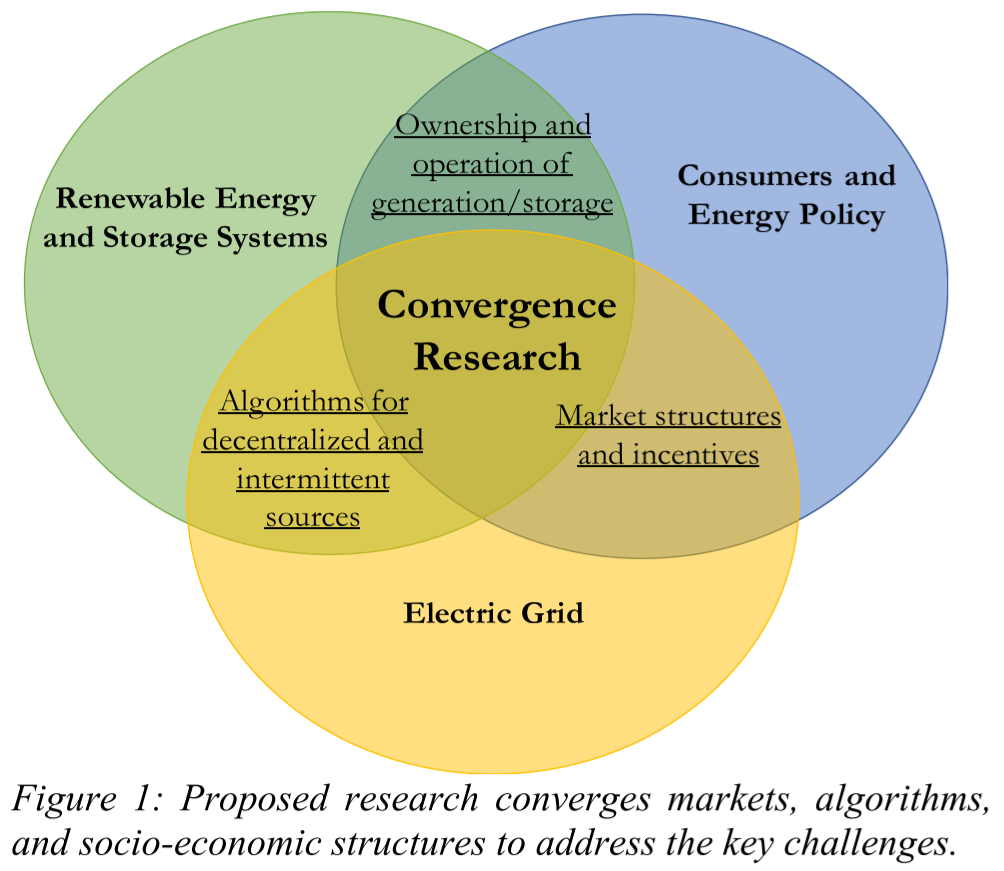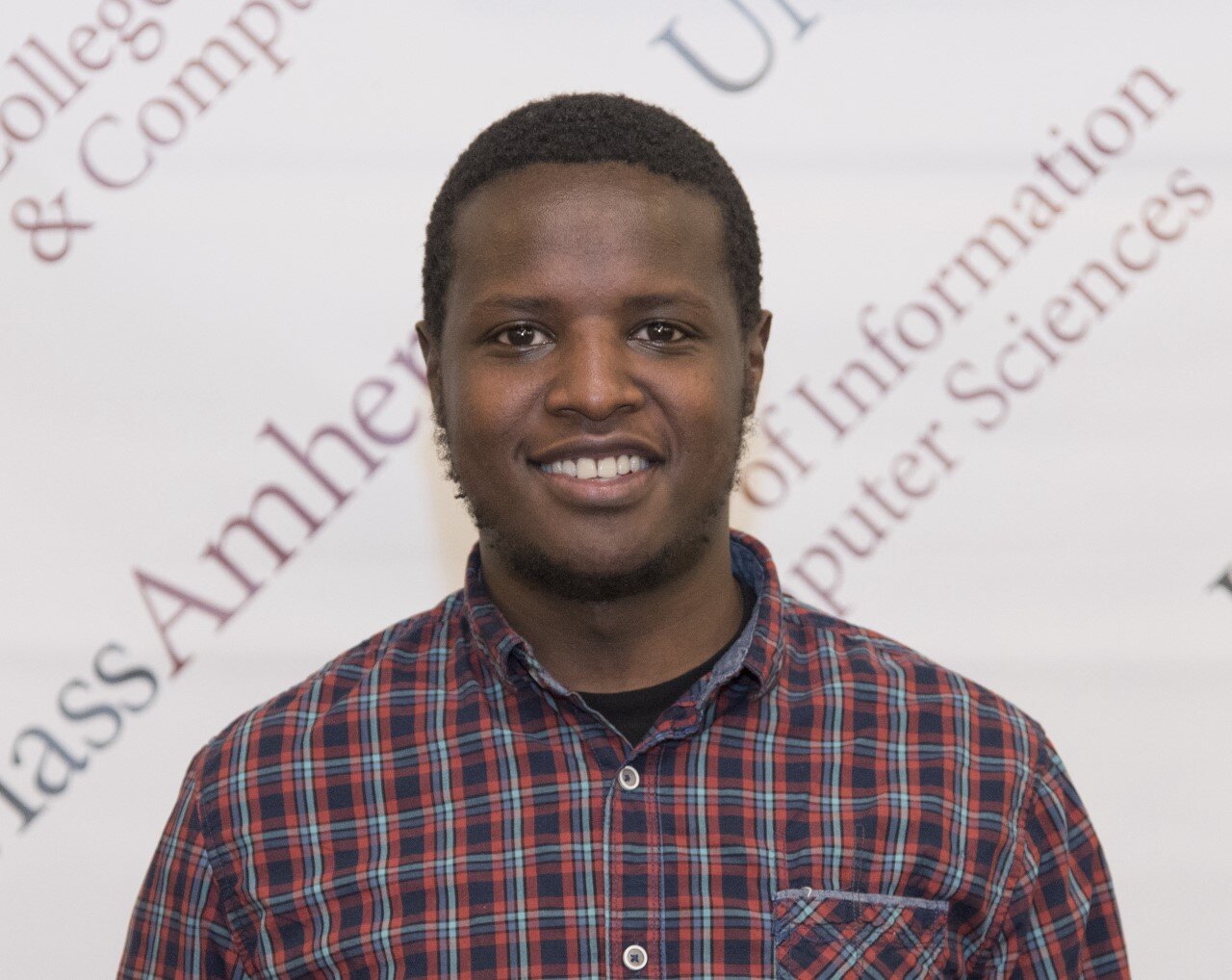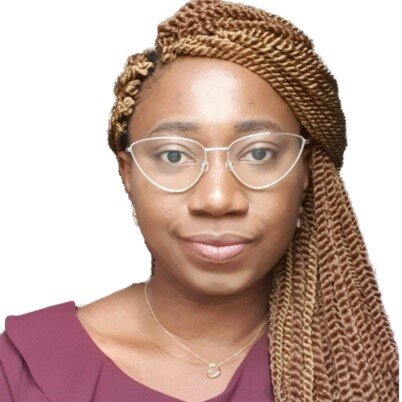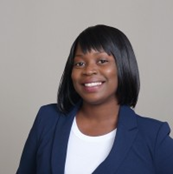What is the ELEVATE Program?
Are you feeling frantic about climate change? Are you energized by the challenge of integrating increasing amounts of renewables into the electricity system? Are you committed to the idea that the energy transition must be not only reliable and economical, but also just and equitable? Well, then you may also be interested in the research conducted by scholars in the ELEVATE Program at the University of Massachusetts Amherst.
ELEVATE (short for “Elevating Equity Values in the Transition of the Energy System”) is a PhD program training students to solve technical, equity, and climate challenges in the energy transition. ELEVATE brings together scholars from multiple fields (including engineering, public policy, social science, and more!) along with key stakeholders representing community members, their electric utility, and the independent system operator.
Together with their faculty advisors, ELEVATE scholars pursue research at the nexus of renewable energy generation and storage, the electric grid, and energy policy (see Figure 1). Our vision is to fundamentally change how technologies, grid algorithms, market solutions, and policy mechanisms are designed, to account for both the complex and changing scientific realities of the electricity system and the goals of social and economic equity. We believe that accomplishing this vision will only be possible with convergence between the technical domains and the social sciences.
In addition to conducting individual and collaborative research, ELEVATE scholars take two core courses: one on electricity market design and the other about public engagement and science communication. The scholars, their advisors, and other affiliated faculty participate in monthly convergence meetings focused on building interpersonal connections and interdisciplinary understanding. The primary task for the first year of the program is to find a common language to define equity, system reliability, and metrics for overall system cost.
We look forward to sharing insights from our research on this blog. Together we can reimagine an energy system that is efficient, reliable, just, and equitable!
Meet the ELEVATE Scholars
April Burrage, Economics
April is an Economics PhD student at University of Massachusetts Amherst (UMASS). Her research will investigate the distribution of access to resources for economic opportunities in energy transition.
Keywords: economics of innovation, inequality, energy transition
Cielo Sharkus, Civil and Environmental Engineering
Cielo’s research is primarily on the impacts of climate change on water resources and society. She models climate hazards (flooding, drought, wildfire, and pollutants) on water quality of vulnerable water systems. Throughout her research, she explores this tangential relationship between climate, society, and policy, where she uses quantitative and qualitative data to advocate for low-income minority communities called "environmental justice communities". She integrates a novel approach to human systems engineering by introducing elements of both climate hazards (flooding, drought, and wildfire) and societal vulnerability into her research. She also develops computational models that analyze the socioeconomic and environmental conditions that harm human health in a water crisis disaster scenario, putting emphasis on socially vulnerable and marginalized people.
Keywords: climate change, water resource engineering, justice engineering, equity and inclusion, and hazards.
Emma Grazier, Resource Economics
Emma studies the direct and indirect financial returns from residential solar PV adoption. She also examines demographic disparities in those returns.
Keywords: Financial returns to solar PV adoption; Distributional disparities
John Wamburu, Computer Science
John’s work focuses on cyber-physical systems with applications in smart transportation, energy analytics and smart cities. He primarily uses techniques from machine learning, statistical time-series analysis and optimization to derive insight from sensor, textual and image/video data.
Keywords: Energy analytics, machine learning, optimization.
Vivian Ogechi Nwadiaru, Mechanical and Industrial Engineering
Vivian Ogechi Nwadiaru is a PhD student in Industrial Engineering and Operations Research advised by Prof. Erin Baker in the E3Lab. She received a BEng in Metallurgical and Materials Engineering from the University of Nigeria, Nsukka and an MS in Energy Engineering from the Pan African University Institute of Water and Energy Sciences. She has worked for the African Union Commission and the German Development Cooperation (GIZ) as a consultant on projects relating to climate change, energy and capacity building. Prior to joining UMass as a PhD student, she completed an International Climate Protection Research Fellowship funded by the Alexander von Humboldt Foundation at the Technical University of Berlin and University of Oxford. Her research will focus on optimizing energy systems and consumer preferences for improved reliability and energy access in low-income communities.
Vivian enjoys threading the line between engineering and policy and is also dedicated to bridging the skills gap for STEM students in Nigeria through STEMJets, an NGO she co-founded.
Paola Pimentel Furlanetto, Mechanical and Industrial Engineering
Paola is passionate about power systems and how their evolution can transition society into a more efficient, environmentally responsible, and just era. Her research interests are market structures and public policy dedicated to improving the power grid through renewables, energy storage, and other disruptive technologies.
Keywords: power systems, electricity markets, environmental justice, equity
Pedro I Matos Llavona, Geosciences
Pedro studies two interconnected topics involving sediment transport from its source in the mountains to its fate on the coast. First, his research aims to quantify sediment delivery to reservoirs in Puerto Rico following Hurricane María island-widespread landslides. Second, he aims to quantify net sediment transport in mangrove forests in Puerto Rico and assess their resilience to projected sea-level rise.
Keywords: Geosciences, Sedimentology, Coastal resiliency, Natural hazards
Teniel Rhiney, Anthropology
A recent graduate of Smith College, Teniel completed a bachelors in Psychology and a minor in Statistical & Data Sciences. She is experienced with technical languages including R, Python, Github, and SQL, and skilled in interpersonal communication. Teniel is passionate about minority mental health research and discovering systemic patterns that perpetuate health disparities in minority groups.
ELEVATE is looking for students with a demonstrated commitment to equity, a passion for sustainable energy or climate science, and a collaborative mindset. The next round of program admissions will be for students entering in Fall 2022. Learn more about the application process here.
ELEVATE is funded by the National Science Foundation NSF Research Traineeship (NRT) program (Award Number 2021693) and the Growing Convergence Research (GCR) program (Award Number 2020888).









